The Raspberry Pi Now Supports External GPUs
For the past two years, a team including YouTuber and Raspberry Pi overlord Jeff Geerling has been working on getting external AMD GPUs to work with a Compute Module 4. Yesterday, in a blog post on his website, Jeff revealed that the project has been successful - mostly.
You won't be spinning up Doom Eternal on a Pi any time soon, but as Jeff explains in his video, that's more to do with Steam and Proton's dependency on x86 architecture than anything else. Also, this project is limited to AMD graphics cards with their open-sourced drivers, as opposed to Nvidia's closed door policy. What has been achieved is still incredible, given the terrible state of PCI Express support on ARM System on Chips (SoCs) and the relatively niche case of adding support for older external graphics cards to the Linux ARM kernel.
The team of people behind this project includes AMD engineers, ARM developers, and a whole load of people simply willing to get their hands dirty and really learn what the BCM2711 SoC can and cannot do. It turns out it can boot into a desktop and can do some benchmarks, but these are early days. Early, glitchy days. Head to Jeff Geerling's blog to read the full details of the project, and if you wish to contribute, you can fork the project from his GitHub page.
Why Attach a GPU to a Pi?
This project is undoubtedly an amazing collaboration, getting deep into what is and isn't possible with the hardware provided by the Raspberry Pi. That said, it still does beg the question: Why?
Well, beyond the simple fact that it's awesome to achieve something like this, there may actually be some practical uses. The Nvidia Jetson Nano and Jetson Xavier single-board computers use GPU technology to create powerful Edge AI devices. While the Raspberry Pi can definitely be used for Machine Learning, LINK it's a little underpowered without specialized EdgeAI peripherals. Full support for external GPUs may open the Pi up to using GPU specific builds of various libraries like TensorFlow, Pytorch, and others. Similarly, video editing platforms like Adobe Premiere support AMD graphics cards, and this could turn the Raspberry Pi into an editing beast!
It's all a long way off, but we can dream.
If you like stories from the Electrowire, you'll love the Electromaker Show, our weekly round-up of all things Maker and Embedded. Join us on YouTube or on all major podcast services.




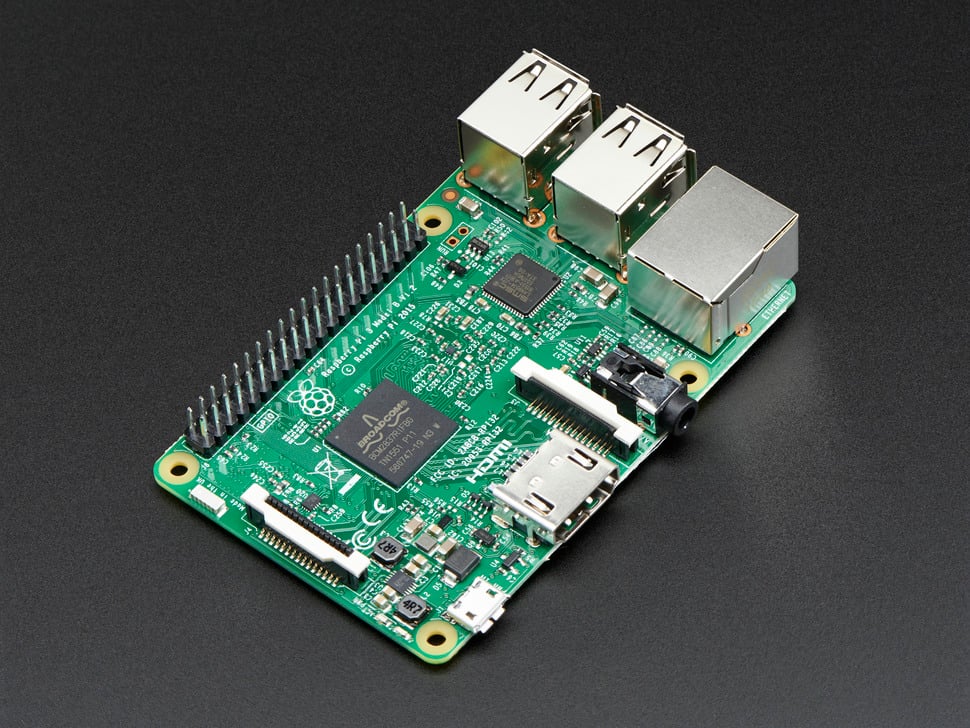
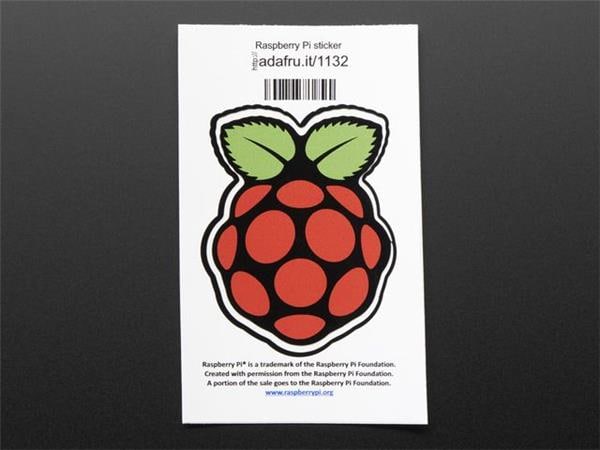

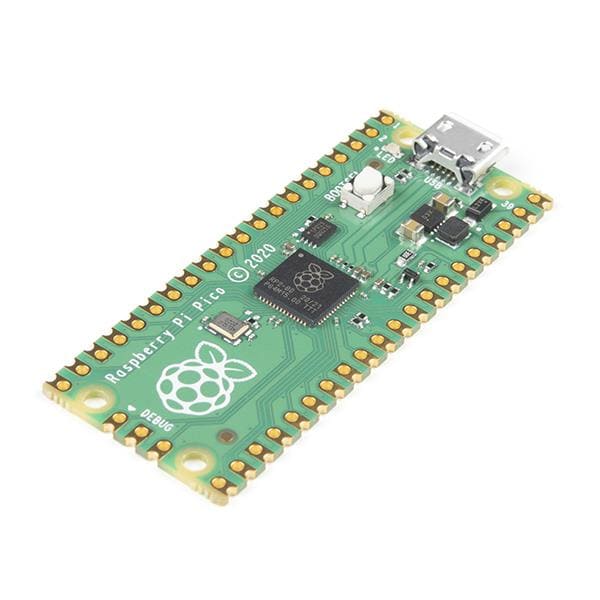
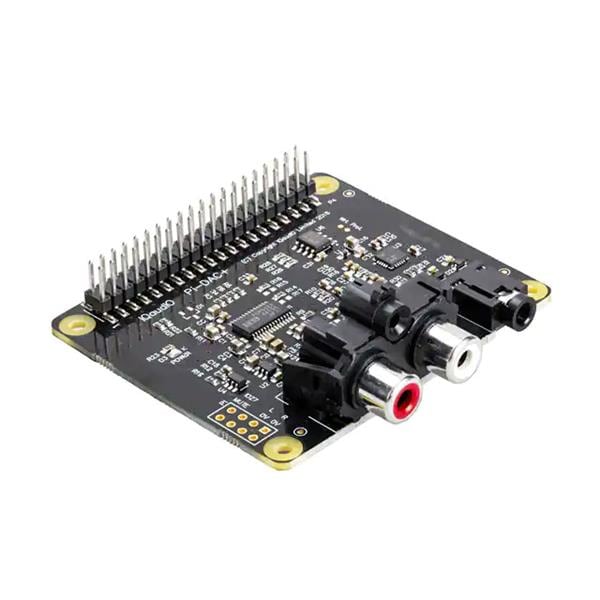

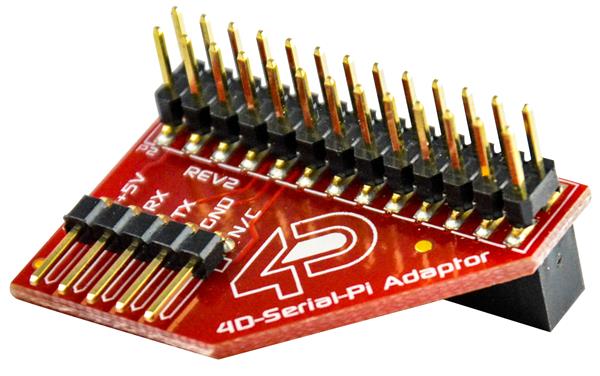
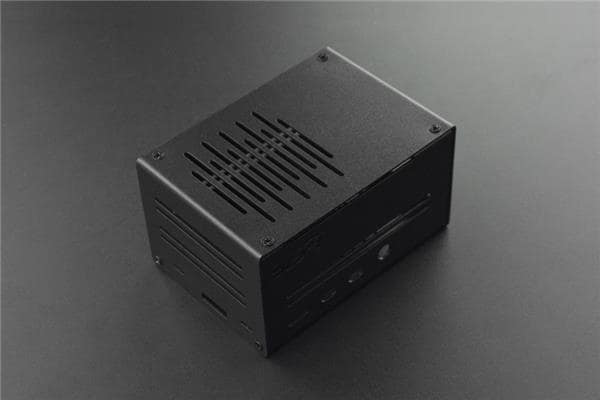
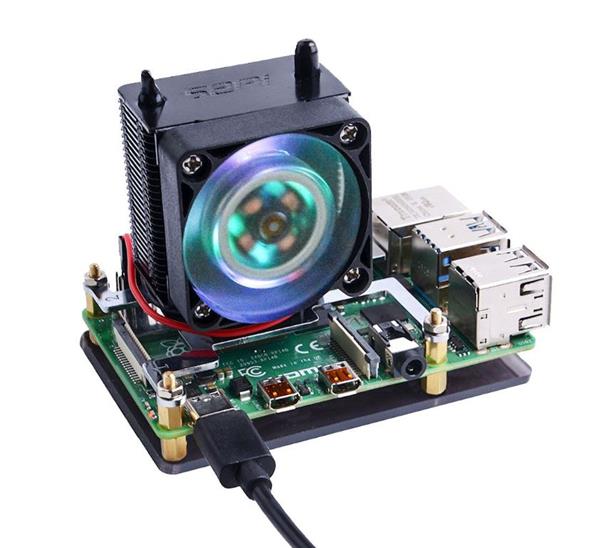
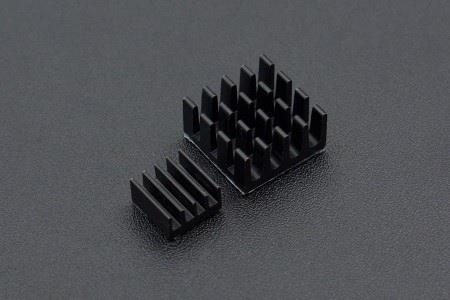
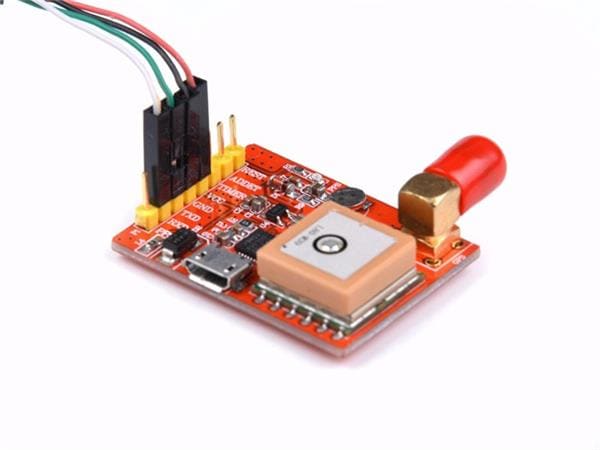

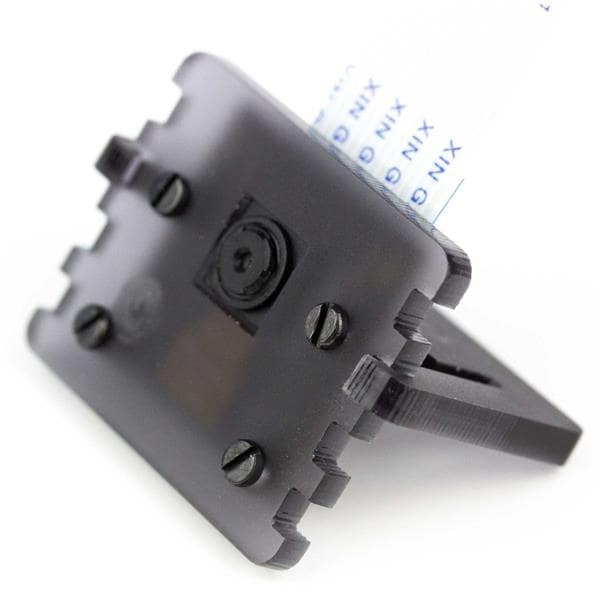
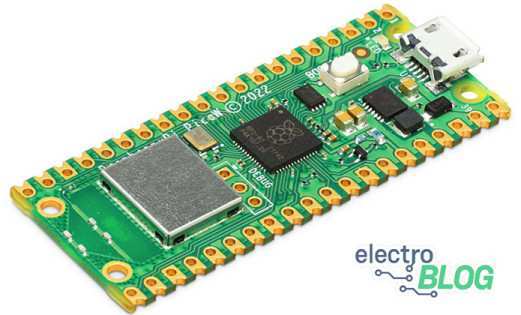
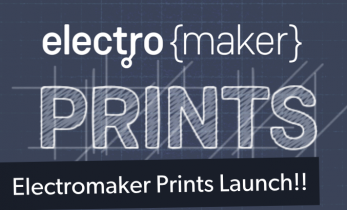
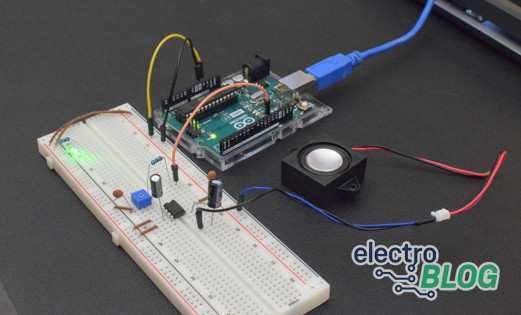


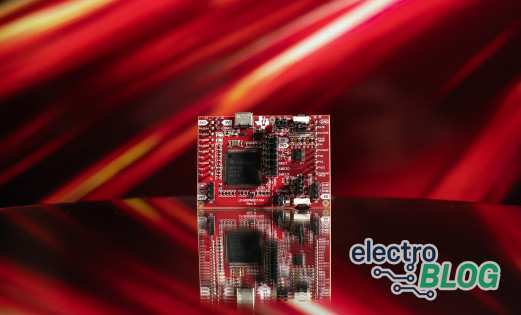
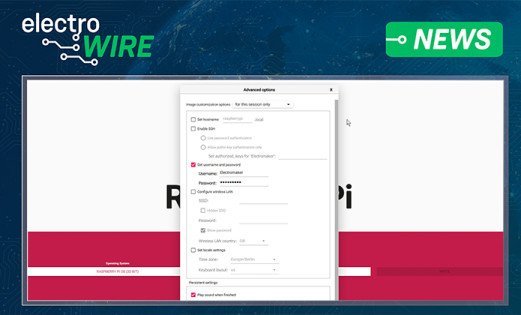
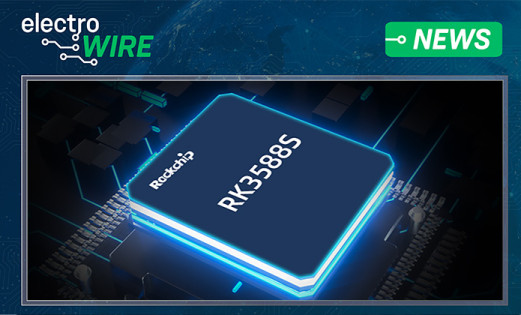
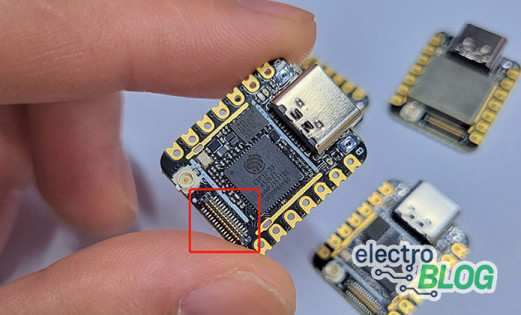
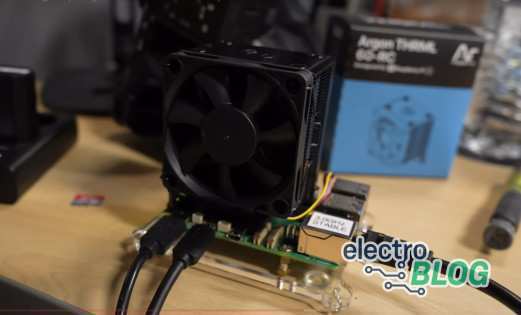

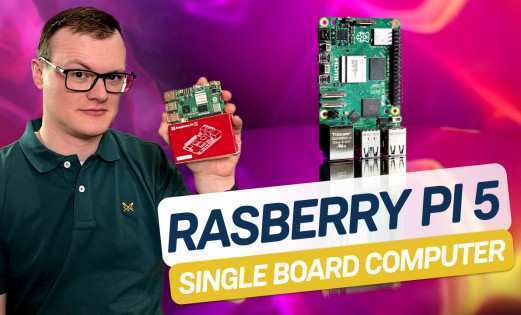
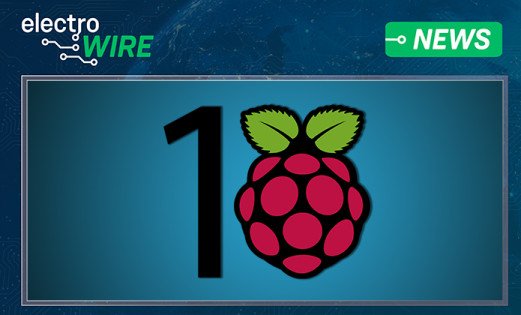
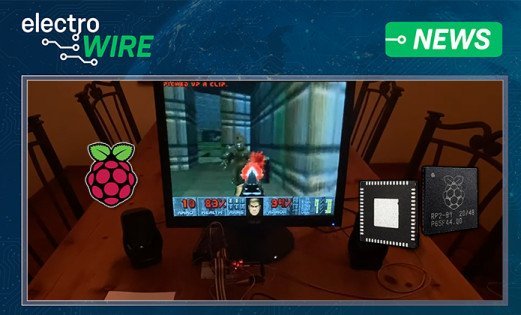
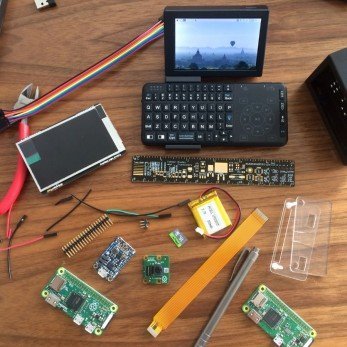

Leave your feedback...